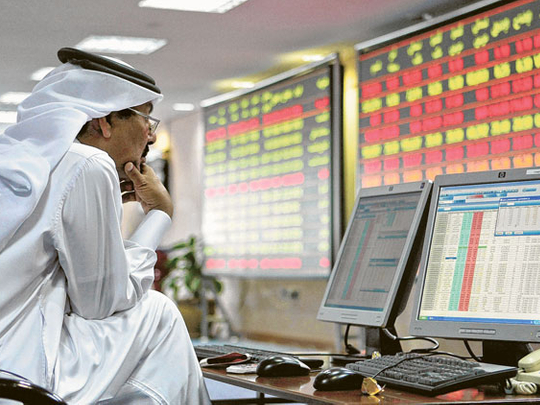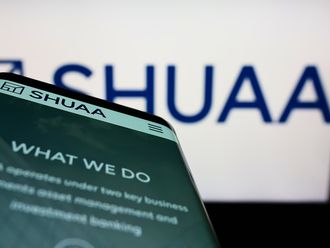
Dubai: Gulf funds spooked by the prospect of political unrest in the region are reallocating money to richer and smaller countries like Qatar and the UAE because they are seen as more stable.
Investment inflows to the region have all but dried up over the past two years but a pool of at least $10 billion (Dh36.78 billion) remains parked among various Middle East and North Africa funds.
Prospects overall will be supported by surging oil prices and development spending, which may get a fillip as some governments scramble to avoid a fate similar to that of ousted Tunisian President Zine Al Abidine Bin Ali, but analysts say clear country preferences are emerging.
"We expect our Middle East managers to trend down exposure to Egypt and Saudi Arabia. Qatar should logically rank higher," said Slim Feriani, chief executive of emerging and frontier markets investment firm Advance Emerging Capital in London.
Countries with larger populations and higher disparities between the rich and poor are seen as higher risks, making relatively dimunitive and prosperous Qatar and the UAE more attractive, Feriani said.
A look at some of the region's biggest markets already gives an indication of where cash is flowing.
Egypt's main index tumbled to an 11-week low on Wednesday and its currency dropped to near-six year lows last week, given its proximity to Tunisia and uncertain political outlook.
High oil
Qatar's main index is up over four per cent in the past two weeks, after coming off a 25 per cent rally in 2010, fuelled by forecasted annual growth of over 20 per cent and investors betting that its winning bid to host the World Cup in 2022 will drive sustained construction and development spending.
"Sentiment remains positive and investors are upbeat," said Rami Sidani, Schroders Middle East head of investment. "Foreign institutions have increased their holdings."
Meanwhile, the cost of insuring debt from Lebanon, whose "unity government" collapsed in the past week, rose to its highest since May 2009 with five-year credit default swaps up 13 basis points. Egypt's five-year CDS are also up seven points.
US crude prices have risen 19 per cent in the last six months to trade above the $90 mark and analysts say the price could rise significantly above $100 if Opec does not signal an intention to add supplies.
This in itself could ensure full coffers in some of the big economies in the region and a degree of stability.
"The richest Arab states are probably not at any serious ‘risk' of becoming democracies," Renaissance Capital's global chief economist Charles Robertson said in a note titled "After Tunisia — Who's Next?"
Inevitably, there is even talk of the latest crises being a good buying opportunity. "What is happening in Egypt is a knee-jerk reaction that is expected to reverse soon. It provides investors with an attractive entry point," Sidani said.
Qatar's market is trading at a relatively cheap valuation of 12.4 times earnings over the MSCI index over the past 12 months, versus a price-to-earnings ratio of 14.5 for emerging markets globally.










